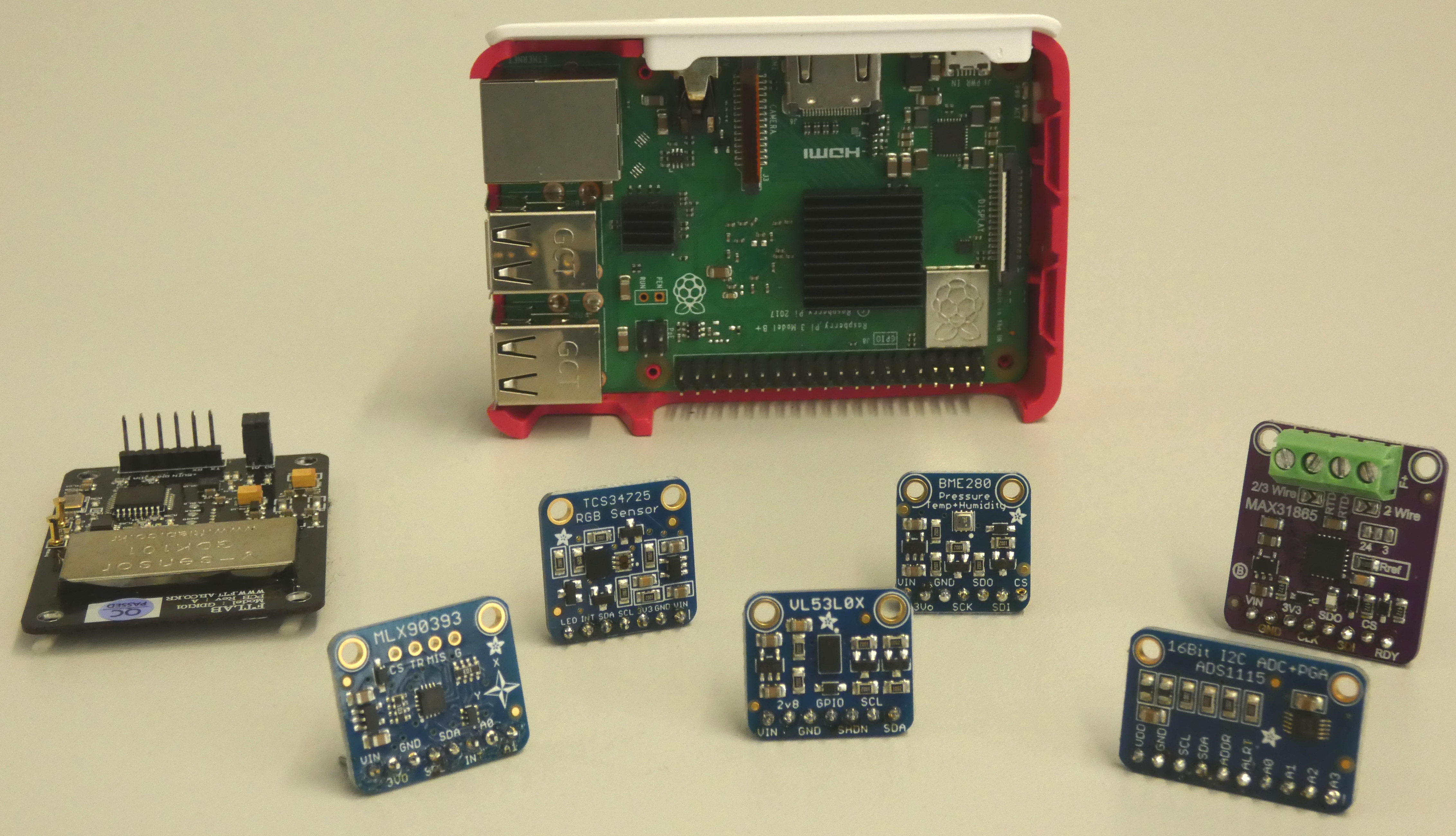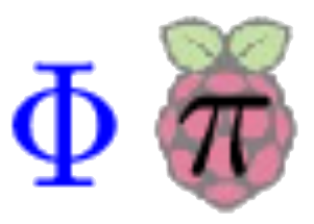Raspberry Pi based Digital Measurement System in Physics
|
||||||
|
||||||
 |
|
This Raspberry Pi-based Measurement System is a low-cost yet accurate measurement system with a wide range of sensors for teacher-led and student-centred physical laboratory experiments. The open-source PhyPiDAQ-Software developed by Prof. Günter Quast at the Karlsruhe Institute of Technology in Karlsruhe, Germany, manages the acquisition, display, and storage of data obtained from physical sensors through one Graphical Interface, and it can be further developed to encompass programmed classes for new sensors. Multiple graphical representations for the display of real-time data can be used in complementary ways for fostering a deeper understanding of physical concepts. Information about the program’s architecture, installation, classes, configurations, applications, etc. one can find on the developer's website: https://phypidaq.github.io, DOI 10.5281/zenodo.6355853 The new Raspberry Pi-based Digital Measurement System has been successfully implemented at the Heinrich-Wieland-Schule in Pforzheim, Germany, by Marinela Wong, and it offers a wide range of learning opportunities for science concepts and practices spreading within and across the disciplines and grade levels in an integrated curriculum. The students are introduced to novel learning fields addressing the physical principles of operating sensors, the fundamentals of electronics and communication protocols, and the principles of digital signal processing techniques through activities starting with choosing a sensor for a given application, capturing the sensor signal, and then proceeding through the stages of signal processing, display, and recording. The students use critical thinking skills to plan and conduct experiments, manage projects, solve problems, and make informed decisions by using the Raspberry Pi based Digital Measurement System together with many high-accuracy yet inexpensive sensors. The students apply the open-source PhyPiDAQ-Software to gather, visualize and evaluate information. Additionally, they use the Raspberry Pi communication environment to communicate and work collaboratively, including at distance, to support individual learning and contribute to the learning of others.
|
| |
